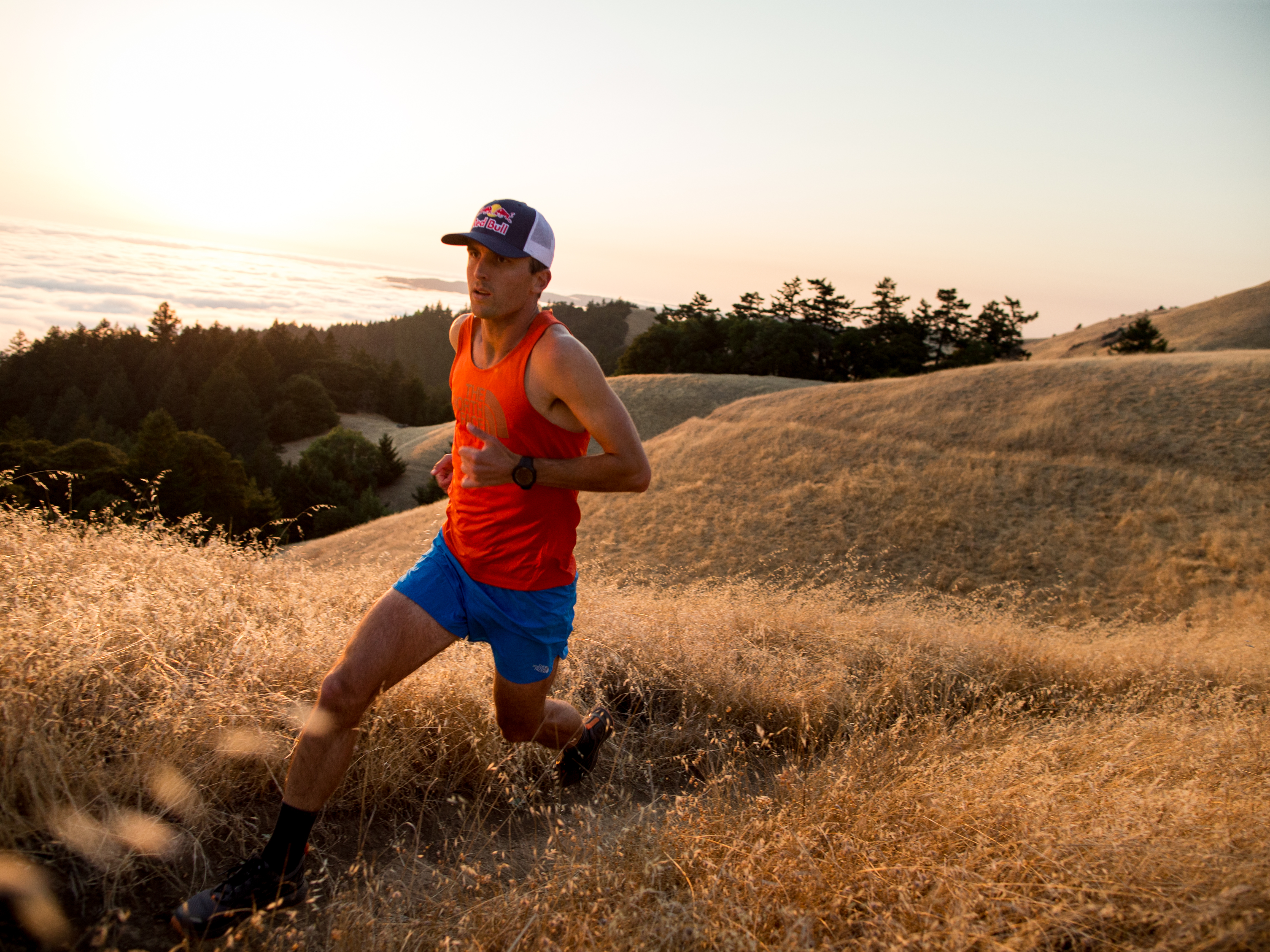Changing gender roles are key to accelerating the culture shift around changing the way we work and live. Redefining Masculinity is an editorial package that investigates what it means to be a man in 2017—and beyond. As part of it, we’re asking a wide range of men across industries, ages and background to answer questions about what masculinity means to them. Read more about the project here.
This conversation is with Dylan Bowman, a professional ultrarunner for The North Face and Red Bull based in Mill Valley, CA. Over the last couple years, Dylan has won several international races including the Tarawera 100k, Ultra-Trail Australia, Ultra-Trail Mount Fuji, and 100 Miles of Istria.
THRIVE GLOBAL: How would you define masculinity?
DYLAN BOWMAN: Masculinity is the social and political expectations of men based on the historical roles they’ve played in society.
TG: Who in your life shaped your view of masculinity?
DB: I suppose my mother and father shaped my view. My parents were divorced when I was very young and my dad briefly moved away when I was a child. This meant that I spent the majority of my time learning western gender orientations from my mom. She worked full-time and raised my brother and I to be “men” even though our dad was gone for a few years. I always had a strong and open relationship with my dad, so he still influenced my view of masculinity to a large degree. I grew up in a pretty liberal environment in Boulder, CO, so I never really felt pressured to be masculine in the traditional sense of being tough and non-emotional.
TG: Was there a particular moment when you felt you’d become a man?
DB: Not really. I do feel like when I turned 30 I became and “adult” but not necessarily a “man.” I’ve never felt very masculine in the traditional sense. I’m very competitive and make my living as a professional athlete, but I also drive a minivan, am pretty emotional (prone to weeping), and am about to marry a woman who makes a lot more money than me. None of those things embarrass me in the slightest, so I’ve never felt compelled to embody the traditional view of masculinity.
TG: Does masculinity influence your work? If so, how?
DB: Maybe to a certain degree. Professional sports are often influenced by male culture and rabid competitiveness. Ultrarunning also requires a few personality traits that are often thought of as being masculine (toughness, stubbornness, impatience, etc). But there are a lot of women on the circuit that are much tougher than me but who I’m sure don’t identify as being particularly masculine.
TG: What do you think children should be taught about masculinity?
DB: I think it’s important to encourage kids to find a path that truly motivates them. So few people in the world actually get to pursue their passion professionally, which is a shame. This could be because kids often feel pressured to conform to some external expectation. I think the current generation of young adults are probably the most progressive generation ever in terms of their views of gender roles and identities. In my mind, that is a very good thing. In that respect, I don’t think masculinity (or femininity) should really be used as a barometer for individual behavior. Kids should feel comfortable doing whatever motivates them, even if those activities fall outside of what has been historically accepted as appropriate for their gender.


